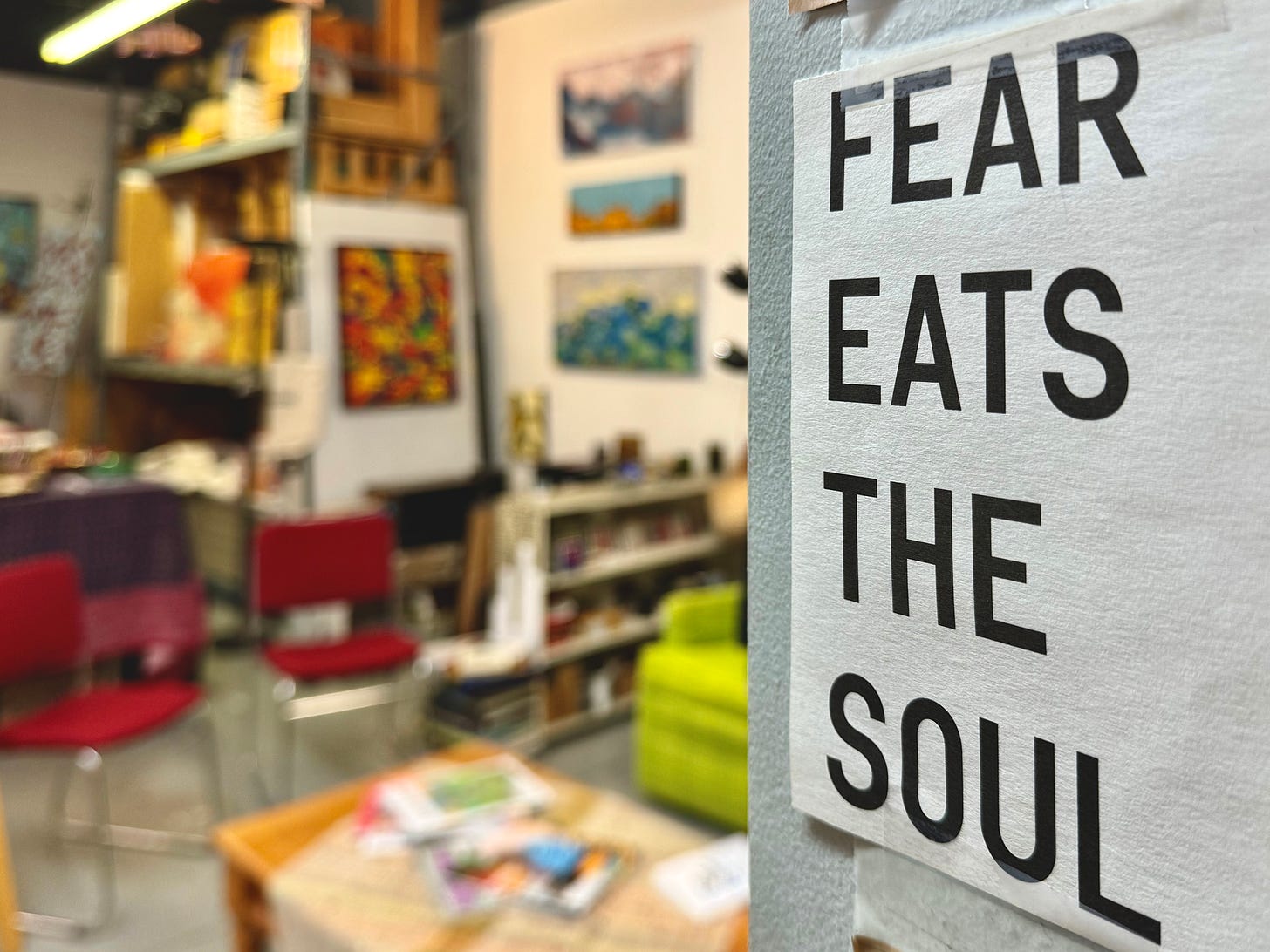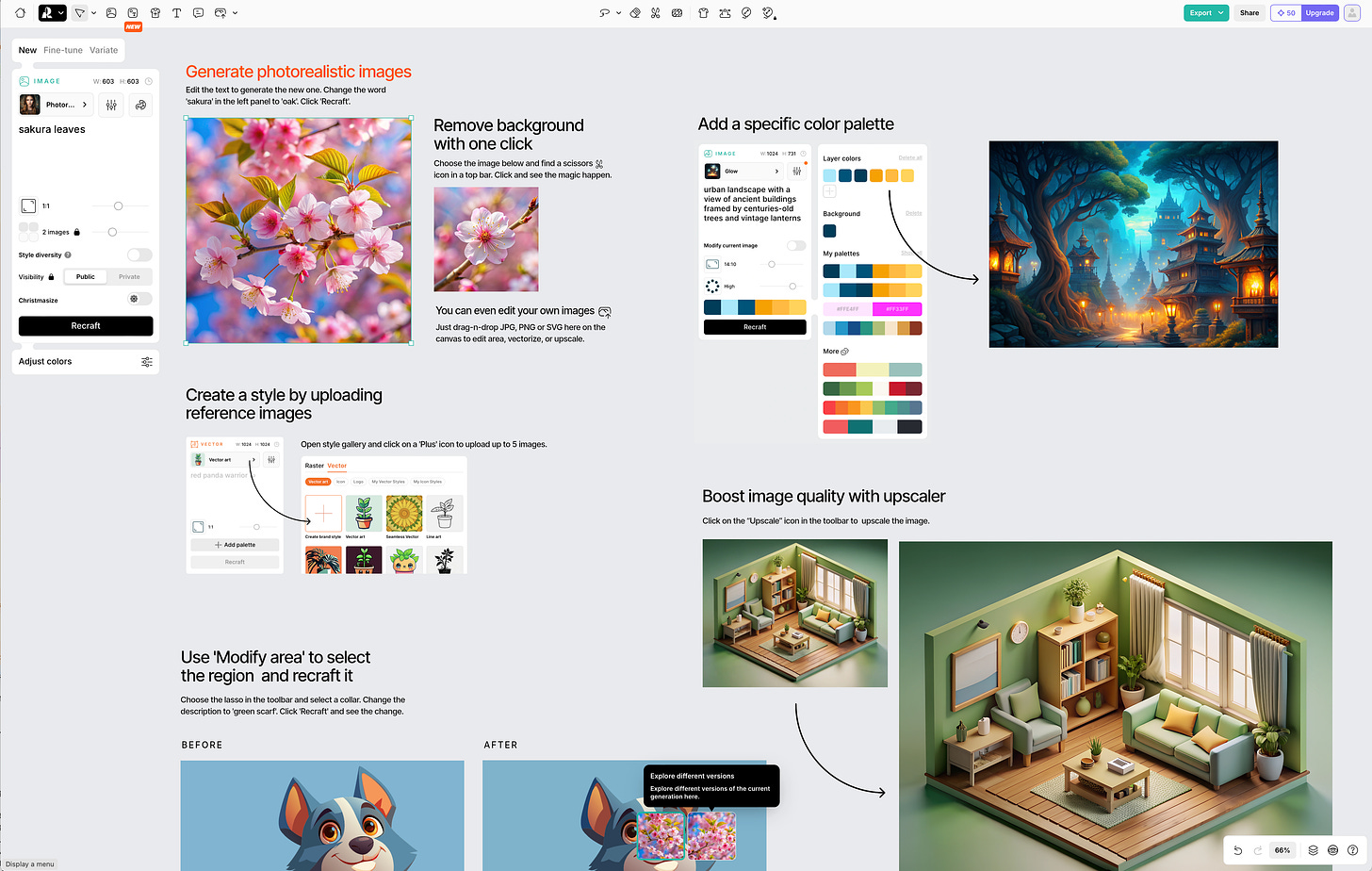🎶 Today’s post was fueled by this Perfect New Yacht playlist, which describes itself as, “maybe even more yachty than Yacht Rock ever was.”
I’m not a fan of how the 2024 presidential election turned out, but the event does offer useful insights for idea people and those whose work is persuasion. Presidential campaigns are tremendous hunches, predicated on magnificent resources worked by many of the smartest operators while time slips quickly away. There’s got to be something useful in the ashes.
Elections are an art form, not a science
The established means of determining political behavior, in advance (i.e. polling), remains a conjurer’s act. I’m not sure the Democrats had a firm grasp on their actual constituencies and motivations; the Republicans seemed to have guessed better—especially about inflation. If there was any real surprise, it was the media’s continuing obsession with certainty and amplification of supposed expertise. Buyer beware?
Four articles shed some light for me.
The first was economist Noah Smith’s take on the failure of identity politics related to Hispanics, specifically his third lesson: “The educated professional class has become dangerously out of touch with the rest of the country.” A lesson here might be to seriously, and candidly, question established assumptions. Turns out you can insult entire groups of people and they’ll still vote for you. If many millions of dollars invested by highly educated, well-intentioned people got it wrong, who’s doing it right?
Bloomberg’s Matt Levine pointed to some answers yesterday via the story of, “Théo, the pseudonymous Frenchman who bet more than $30 million on Donald Trump on Polymarket.” Théo didn’t bet against polling, per se, he just bet the established approach was off. His angle was to focus on the tactic of neighbor polls to eke out the reality of the “shy Trump voter.” Théo’s insight was readily available to all, if you were willing to look for it.
And I wonder if Democrats stopped looking, and just assumed the digital fashion of the day would succeed? Did they bet on, as Ryan Broderick and Adam Bumas wrote over at Garbage Day, “an America they made up in their heads?” Granted, Team Harris was at a huge disadvantage, assembling a potent campaign in barely 100 days. Broderick and Bumas argue, “Trump’s team clearly bet on the right horse here: The internet is, simply, not where voters are won.” But I’m not so sure.
Because, as Taylor Lorenz points out, and speaking pointedly at disadvantage, “a quick look at the podcast charts or trending channels on YouTube shows the disparity between conservative vs progressive creators’ reach online.” She opines, “understanding why Democrats can’t (or really won’t) cultivate an equivalent independent media ecosystem that rivals what the right has built is crucial for anyone who hopes to ever see the Democrats back into power.”
Lots to consider, and then leverage. Please remember the midterms are 24 months away.
I’ll end by quoting myself from 2016:
“If the idea of America can be encapsulated in one adjective, I’d pick flexible.
As a country, we flex in all kinds of directions and yet manage to hold together—whether the flexing was born from our own souls or in response to external forces. America, despite and in tribute to itself, seems quite adept at adapting.”
And I, for one, will be seeking out lots of ways to adapt and win.
AI+Creativity Update
✏️ Shelly Palmer wrote a persuasive thesis asking, “How much longer can the agency/client model survive?” (Given AI.) In short, “agencies don’t benefit from doing more with less,” which flies in the face of the industry’s Full Time Equivalent (FTE) model. And as Palmer makes clear, “This is not a tech issue, it’s a leadership issue.” There is a delicious tension here, built on a long-standing problem. How do we value ideas?
🤖 Hello, Recraft. I only recently discovered this image generation platform based in the UK, which claims it is, “trusted by over 1.5 million users across 200 countries, including designers from most innovative companies like Ogilvy, HubSpot, Netflix, Asana, and Airbus.” I need to dive deeper, but I’m intrigued by the endless artboard UX. The default welcome solves a lot of the image generation challenges on other platforms, namely, how do I use this? Lots more to learn via Creative Blog.
🤔 A few weeks ago Adobe announced Project Concept, which focuses on the very beginning of ideas, the “early stage of the creative process…traditionally constrained by limited time and resources.” They noted a useful challenge (italics mine): “Generative AI’s prompt-based approach requires users to have a clear idea of what they want before they actually know what they’re looking for.” So, what if generative AI could guide and fuel concepting? It’s a natural extension of their evolving creative suite. Project Concept is theory now, and will be a private beta, “in the near future.”
🦙 🤖 This was inevitable. The popularity of Google’s NotebookLM audio “podcast” capability has inspired Meta to release the code for its own podcast generator, writes TechCrunch. This will become a standard feature, everywhere, soon enough. Think of it this way: How would a voice or two talking about a subject be more effective than an LLM text output?
🧙🏼 Students from UNC-Chapel Hill and Google announced Unbounded, a “generative infinite game,” in which a, “spontaneous and unconstrained story unfolds while the user plays, and the character can explore new environments with a myriad of possible actions and unexpected interactions.” Again, this is inevitable. LLMs increasingly enable infinite contexts for “never-ending” game play. Now imagine this approach applied to branded environments.




